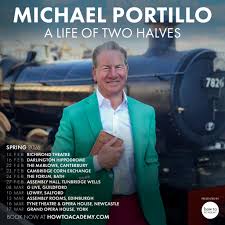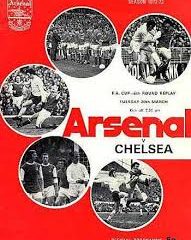Michael Portillo: From Politics to Television Stardom

Introduction
Michael Portillo, a prominent figure in British politics and television, has had a significant impact on the cultural landscape of the UK. His career as a Member of Parliament (MP) and a Cabinet Minister in the 1990s paved the way for his successful transition to television, where he is best known for his travel documentaries. Portillo’s journey reflects broader themes in British society, including political evolution, public engagement, and the changing nature of media.
Political Career
Portillo was born on May 26, 1953, in Harrow, London. He attended Cambridge University and began his political career in the Conservative Party, winning the Enfield Southgate constituency in 1984. Over the years, he held several key positions, including Minister of State for Transport and Secretary of State for Defence. His tenure as a minister was marked by significant events such as the introduction of the Channel Tunnel and modernisation of the UK armed forces.
However, in 1997, Portillo lost his seat in the general election, which was a turning point in his career. Instead of retreating from public life, he reinvented himself as a media personality and commentator, leveraging his political experiences to connect with broader audiences.
Television Career
Portillo’s foray into television began in the early 2000s, and he quickly became a household name with the BBC’s popular series “Great British Railway Journeys,” which premiered in 2010. This programme showcased Portillo travelling across the country by train, tracing the history of Britain through its railways. His charming presentation style and candid reflections appealed to viewers, leading to a resurgence in his public profile.
Since then, he has hosted many travel documentaries and historical programmes, making history and culture accessible to a wide audience. Portillo also engages in political commentary, offering insights from his experiences in the Conservative government, thus bridging the gap between politics and entertainment.
Conclusion
Michael Portillo’s evolution from a political heavyweight to a beloved television presenter exemplifies the dynamic interplay between politics and media in modern Britain. His charisma and approachable style have allowed him to remain relevant while educating the public on history and travel. As he continues to explore the UK’s heritage, Portillo’s contributions to both fields will likely inspire future generations. Readers can expect to see more of his enlightening journeys, further bridging understanding across different sectors of society.








